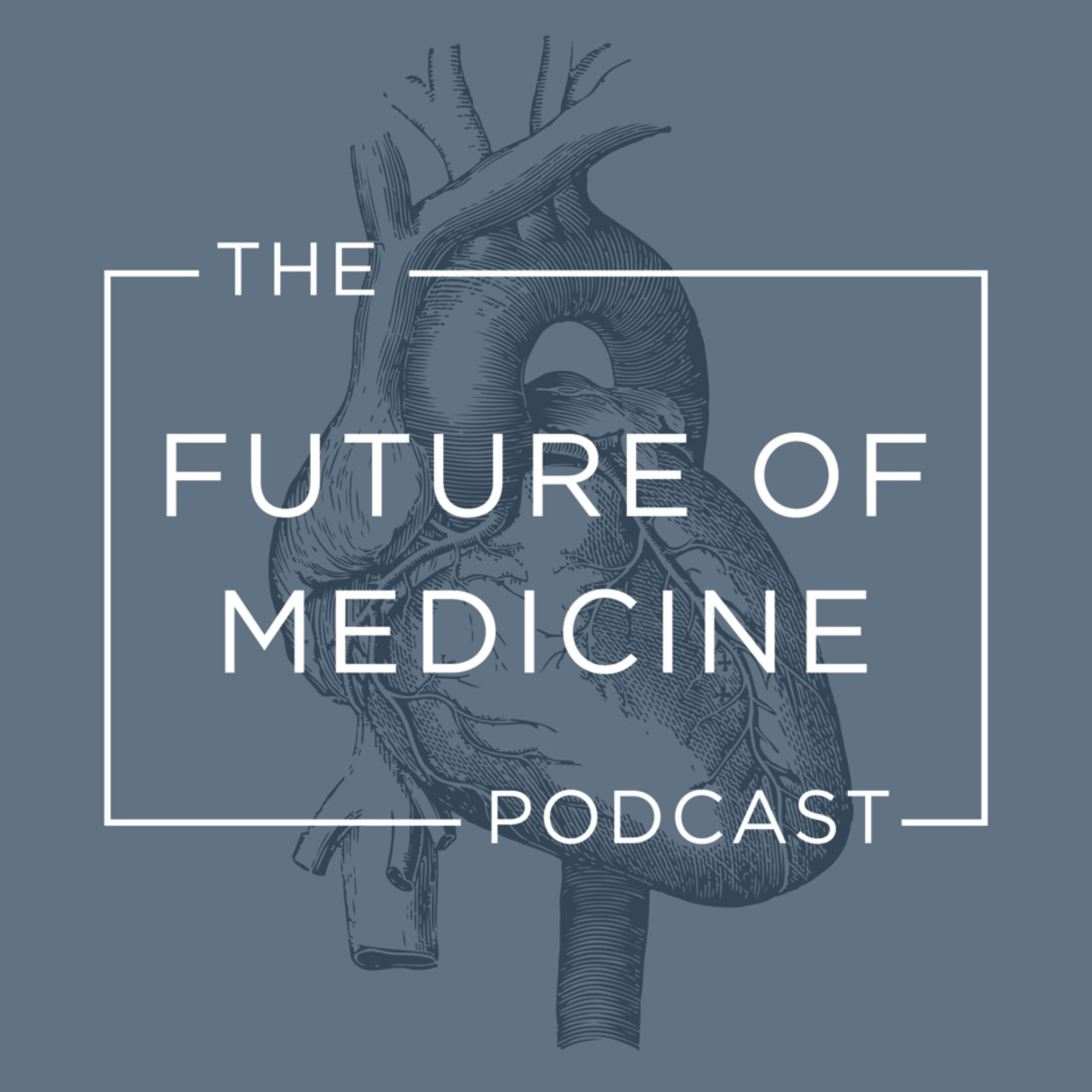Show Notes
THERE IS NO CURE FOR ALZHEIMER’S DEMENTIA AND RATES ARE SKYROCKETING.
To be alive but not present. This is dementia.
It’s torture and devastating to families.
In this week’s blog, I’m going to be teaching you the things that you need to be doing in order to decrease your risk of getting this horrible disease, and the conversations you need to have with your doctor around this topic.
PATIENTS EXPERIENCE CONFUSION, ANGER, ANXIETY, AND VIOLENCE FROM BEING DISCONNECTED FROM THEIR PAST.
And the families caring for them experience pain and helplessness.
Dementia is a generic term for any series of symptoms that involve decreased levels of cognitive or thinking ability.
Dementia isn’t a disease, it’s a syndrome. It includes symptoms cognitive impairments that appear together and affect a person’s daily living.
IT ISN’T THE SAME AS NORMAL AGE RELATED MEMORY LOSS.
There are actually two types of dementia – Alzheimer’s and vascular dementia.
Here are some facts about Alzheimer’s:
- It typically occurs in men and women over age 65. However, there is an increased prevalence in younger patients.
- It is a progressive disease, and there is no cure.
- It is the sixth leading cause of death in the United States.
ALZHEIMER’S HAS SEVERAL RISK FACTORS.
Some you can change, and others you can’t.
The risk factors you can’t change are your age, a family history of Alzheimer’s, and your genetics.
However, there are several risk factors that you can change.
HERE ARE THE ONES YOU CAN CHANGE.
- Lower your blood pressure – There is a clear correlation between heart health and brain health.
Hypertension can put you at risk for dementia. The human body is a closed system, and if your blood is being delivered under a high pressure, there is nowhere else for the pressure to go and it hits the brain. A chronically elevated blood pressure leads to cognitive impairment. To lower your risk, aim for a blood pressure of less than 120/80.
- Improve your cholesterol – In order to lower your risk for vascular dementia which is caused by decreased blood flow to the brain, you’ve got to raise your HDL, and lower triglycerides and LDL, specifically your small, dense LDL. Having high bad cholesterol and low good cholesterol causes cholesterol to build up and clog the blood vessels that supply the brain with blood and oxygen.
- Improve your diet – If you’re not focusing on nutritional sources that stabilize your blood sugar, you are putting yourself in a hyper insulin state, which is pro-inflammatory and puts you at risk for dementia.
- Quit smoking – I don’t want you to quit smoking because I don’t want you to have lung cancer. I want you to quit smoking because I don’t want you to have a stroke and I don’t want you to have dementia. If you smoke, you’ve got to quit.
- Normalize your blood sugar – Alzheimer’s disease has recently been labeled as Diabetes Type 3. There is a clear correlation between a hyper-insulin state and Alzheimer’s dementia.
YOUR PRIMARY GOAL HAS TO BE PREVENTION.
Take these things to heart, and really dig deep. Find ways to make massive shifts in your life, around those five topics and you will be doing all that you can to prevent this horrific disease.
HERE ARE THE FOUR CONVERSATIONS YOU NEED TO BE HAVING WITH YOUR DOCTOR.
1) What is my family history?
Alzheimer’s runs in families and there is a genetic component. It is important for you and your doctor to know if any of your family members have suffered from Alzheimer’s.
Knowing your family history is so critical because it increases your risk, especially if you have other risk factors such as diabetes or if you smoke.
2) How do I normalize my blood sugar?
If in fact Alzheimer’s is a consequence of long-term diabetes, you need to get your sugars under control.
If you don’t have diabetes, make sure that you’re not heading toward developing it. Talk to your doctor about testing your fasting blood sugars and hemoglobin A1c level. Have conversations with your doctor about how to either better control your diabetes or, how to ensure that you’re doing all that you can to not ever get diabetes. Because if in fact Alzheimer’s dementia is Diabetes Type 3, we will continue to see skyrocketing rates as diabetes grows.
3) How do I stop smoking?
High blood pressure, heart attack, stroke and dementia – there is a clear correlation between smoking and cognitive impairment long term.
With regard to quitting smoking, quitting cold turkey is the best strategy. The only people who have ever quit smoking, just quit smoking. You can’t just cut back.
The way you stop is to stop.
4) Do I have any underlying risk factors that aren’t so obvious?
There are some biochemical causes of dementia. The most common is vitamin B12 deficiency. Some other causes are prolonged chronic hypothyroidism, alcohol abuse, and head trauma.
Another underlying risk factor is hormonal imbalances in both males and females. In men, suboptimal testosterone levels over age 35 put you at risk for dementia. In females, post-menopausal estrogen levels drop when the ovaries stop producing estrogen.
Studies show that bioidentical hormone replacement can prevent dementia.
HERE ARE THE TAKE-HOME POINTS.
- There is a clear correlation between heart health and brain health. All the things that are good for your heart like not smoking, getting your diet right, limiting your carbohydrate intake, eliminating a hyper-insulin state, and getting your blood pressure under control all help with brain health.
- Focus on prevention. There are risk factors you can change which prevent triggering your genetics to express this debilitating brain disease. If your goal is anything other than prevention, you’re not going to win at this, you just won’t.
- Alzheimer’s is being renamed Diabetes Type 3. This is a correlation between Alzheimer’s disease and diabetes, metabolic syndrome, and insulin resistance.
Normalizing your blood sugar is a must. If you have pre-diabetes or diabetes, get your fasting blood sugar and hemoglobin A1C levels under control. And if you’re not diabetic, do everything you can to never get diabetes. - As always, thank you for your attention. It’a truly an honor for me to have it.
I hope this helps.
Please leave me your me your comments, questions, and let me know if there are other topics you would like me to discuss in future posts.
If you prefer video content, please be sure to subscribe to our YouTube channel. You can also listen to our podcast The Concierge Medicine Show on iTunes.
Take care —
Aaron Wenzel, MD



